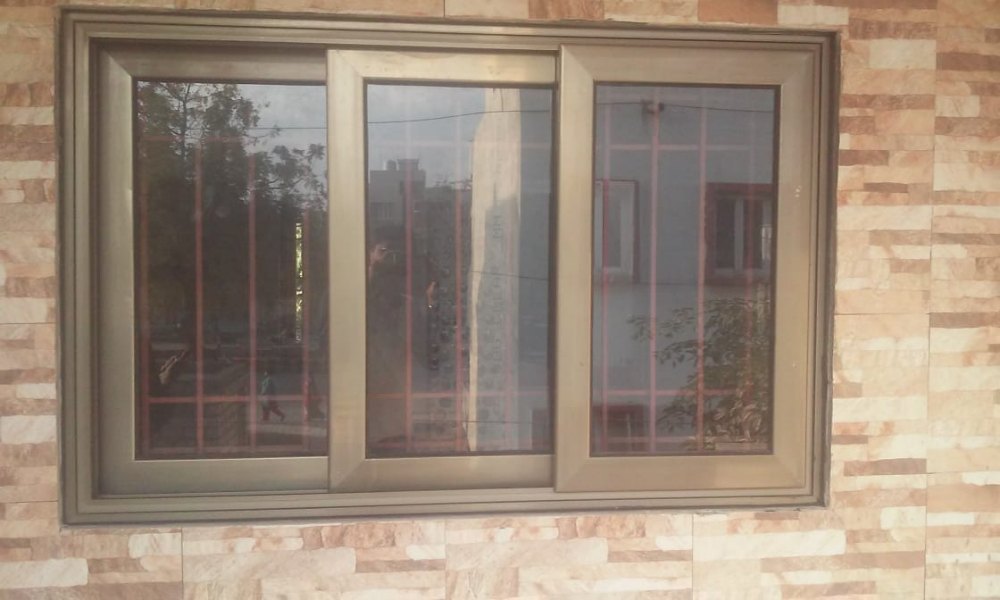Windows are an essential part of any home, providing light, ventilation, and aesthetic appeal. However, one overlooked yet crucial aspect of windows is durability. Whether you’re selecting windows for a new build or replacing old ones, it’s important to choose a style that can withstand wear and tear, weather conditions, and years of use. In this blog, we’ll compare the durability of louver, casement, and sliding windows, with a focus on aluminum sliding windows and how they hold up over time.
What Makes a Durable Window?
Durability in windows depends on several factors:
Material: Frame materials like aluminum impact how well the window resists damage.
Design Style: Certain window designs are inherently better at handling heavy use, high winds, or other external forces.
Mechanics: Windows with fewer moving parts generally last longer, as there’s less likelihood of mechanical failure.
Maintenance Needs: Durable windows require minimal upkeep to retain their effectiveness.
Sliding Windows: Durability at Its Best
What Are Sliding Windows?
Sliding windows consist of two or more panels that glide horizontally along a track. This simple, minimalist design makes them popular for modern homes. They’re particularly valued for their ease of use and space-saving functionality. But do sliding windows hold up well when durability is considered?
Durability Features of Sliding Windows
1. Fewer Moving Parts = Greater Longevity
Sliding windows are designed with minimal hardware. Unlike casement windows that rely on hinges or louver windows with tilt mechanisms, sliding windows simply operate on a track system. This simplicity makes them less prone to mechanical failure, ensuring a long lifespan with consistent use.
2. Robust Frame and Glass Options
Sliding windows are often constructed with durable materials such as aluminum, uPVC, or vinyl, which are resistant to warping, moisture, and corrosion. Combined with options like tempered glass, these windows can withstand harsh weather conditions, ensuring they stay intact and functional over time.
3. Weather Resistance
Sliding windows generally seal tightly against their frames, protecting against wind and rain. While not as airtight as casement windows, sliding windows are highly effective at preventing water damage and drafts. Opting for high-quality weatherproofing seals can further improve their durability against storms and extreme weather.
4. Ease of Maintenance
Cleaning and maintaining sliding windows is remarkably simple, requiring only regular care of the tracks and frames. Unlike louver or casement windows with additional hardware, sliding windows have fewer components to inspect and maintain, contributing to their durability.
How Do Louver and Casement Windows Compare?
Louver Windows
Louver windows consist of horizontal slats that tilt open for ventilation. While they excel in allowing airflow, their durability tends to be lower due to their complex mechanism. The slats are more susceptible to wear and tear, especially in areas with high wind or debris. Since the slats move frequently, their hinges or tilt mechanisms may loosen over time, requiring more maintenance than sliding windows.
Casement Windows
Aluminum casement windows swing outward or inward on hinges, often sealing tightly when closed. They are durable and resistant to air and water infiltration, making them ideal for areas prone to storms. However, their hinges and opening/closing hardware are vulnerable to wear and corrosion over time, especially in humid or coastal regions. Regular maintenance is necessary to keep their mechanisms in working condition, which makes them slightly less convenient compared to sliding windows.
Why Sliding Windows Are a Durable Choice
Sliding windows have an edge over louver and casement windows when it comes to durability. Their simple mechanics, robust materials, and straightforward design make them less prone to damage or malfunction. In addition, sliding windows provide reliability with minimal upkeep, making them an ideal choice for homeowners who want long-lasting windows without constant maintenance.
Durability Tips for Sliding Windows
To ensure your sliding windows remain in top shape for years, follow these tips:
1. Regular Track Cleaning: Dirt and debris can accumulate in the tracks, potentially impacting the sliding motion. Occasional cleaning ensures smooth operation.
2. Inspect Seals: Check the weather stripping and seals for wear and replace them if necessary to maintain protection against drafts and leaks.
3. Choose Quality Materials: Opt for durable frame materials like aluminum and reinforced or tempered glass for added longevity.
4. Professional Installation: Proper installation plays a significant role in durability. Poorly installed windows are prone to wear and damage over time.
When comparing the durability of louver, casement, and sliding windows, sliding windows emerge as a reliable and tough option. The simple mechanism, sturdy materials, and low-maintenance design make sliding windows ideal for homes requiring long-lasting and functional solutions.



